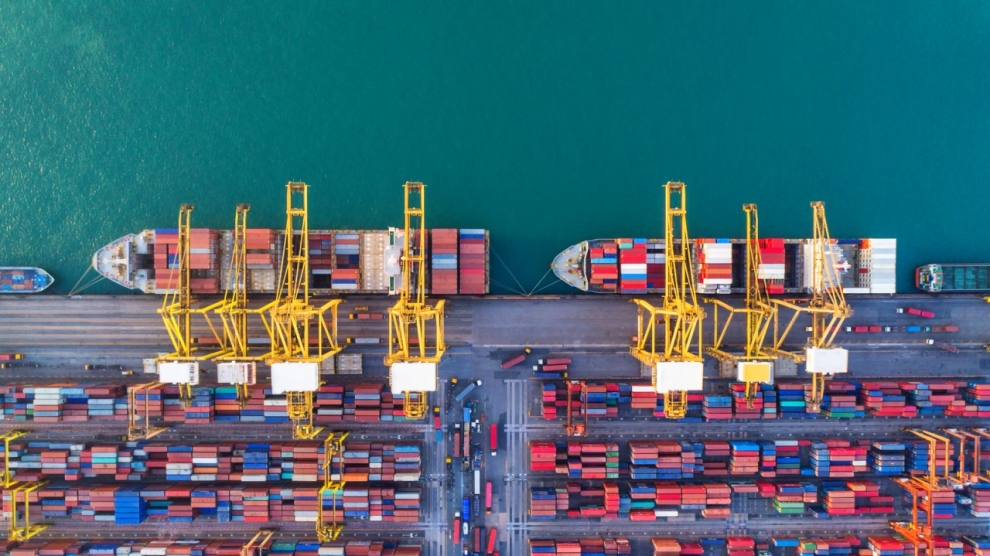Free trade, combined with a free market, is the best basis for a sound economy and a cohesive society. Legislatures must set rules to avoid abuse, but these rules should be kept to a minimum.
The European internal market, with its four freedoms, is a good example of a well-functioning free-trade concept, although excessive regulation is increasingly getting in the way. Despite the shortcomings, Europe can be proud and grateful for its internal market, which benefits all members.
However, the European Union, mostly under the precept of consumer protection, is protectionist toward third parties. Regulatory barriers are high, while quotas, tariffs and investment restrictions (mainly aimed at China) limit access.
This is not only a European disease – most large economic powers, including the United States, China and India are overly protectionist. To be sure, this has hurt the global economy, but it is damaging for everyone involved, especially when economic tools are used as political weapons in the form of sanctions.
More and more, the US uses sanctions and punishes violations of these sanctions globally. This is a very powerful political tool, since so many transactions are still based on the U.S. dollar. But third-party businesses, which trade, lend money, or otherwise do business with the sanctioned entities, also end up punished.
The Iran sanctions are a case in point. The EU wants to continue trading with Iran, but European businesses can not risk US retaliation. Still, despite unrest at home, the regime in Teheran is not going anywhere soon.
The US and EU have slapped economic sanctions on Russia to punish it for the annexation of Crimea and agitation in Eastern Ukraine. So far, they have not been effective. The Russian economy has adjusted, nationalist sentiment has been emboldened and the country is pivoting to the east. Several European economies have been hurt, allowing Russia to drive a wedge between Western countries.
So while sanctions can be a powerful short-term tool, in the end it ends up hurting other parties more than the targeted governments or businesses.
On the surface, Europe’s military weakness seems to indicate that sanctions are its only option, despite experience showing their inefficacy. A less obvious, but probably more effective solution, would be to use discreet intimidation. Europe and the US could work together to threaten rogue countries with clearly targeted cyberattacks.
—
The views expressed in this opinion editorial are the author’s own and do not necessarily reflect Emerging Europe’s editorial policy.

